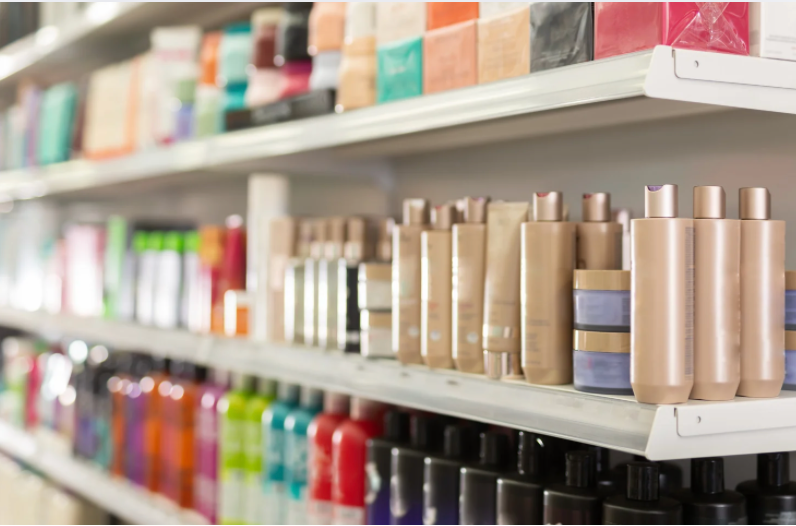IS YOUR DAILY ROUTINE TOXIC?
In "Fatal Conveniences", Chapter 3: The author, Darin Olien delves into the insidious relationship we’ve developed with everyday chemical-laden products—beauty, personal care, cleaning, and household goods. These products, designed for ease and efficiency, harbor harmful substances like PFAS, phthalates, parabens, and undisclosed fragrance blends—turning routine self-care into a source of chronic exposure.
Personal Care Products - Beauty and Hygiene Risk

In Part 3 of "Fatal Conveniences," Darin Olien dives into the unsettling reality of personal care products, illuminating the risks entangled within our daily beauty and hygiene routines. Olien opens readers' eyes to the fact that items designed to enhance our appearance and cleanliness could, paradoxically, be compromising our health. The chapter starts by shedding light on trendy shampoos, lotions, cosmetics, and other grooming essentials. While these products promise smooth skin, voluminous hair, and youthful allure, they often conceal a laundry list of hazardous ingredients under appealing branding and pleasant fragrances. Olien meticulously dissects this veneer to reveal a slew of potentially harmful chemicals lurking beneath.
Among the primary villains in this hidden battleground are parabens, phthalates, and sulfates. Parabens, commonly used as preservatives in cosmetics, prevent bacterial growth to extend product shelf life. However, they have a dark side: parabens can infiltrate our bodies through the skin, displaying estrogen-like activity which has been linked to breast cancer and reproductive toxicity. Despite ongoing debates within scientific communities, the precautionary principle suggests it may be wise to sidestep products containing these insidious compounds.

Next in the rogues' gallery are phthalates, often found in products needing increased longevity of fragrance or flexibility of texture. Phthalates are well-documented endocrine disruptors, meaning they can interfere with hormone systems, potentially leading to developmental, reproductive, and metabolic issues. Astonishingly, these chemicals aren’t always listed explicitly on product labels, instead hiding under terms like "fragrance" or "perfume." Olien underscores the evasive nature of regulatory labeling, cautioning readers to be vigilant about ingredient transparency.
Sulfates, such as sodium lauryl sulfate (SLS) and sodium laurate sulfate (SLES), are surfactants responsible for creating satisfying foams in shampoos and body washes. While they succeed at removing oil and dirt, sulfates can also strip the skin and hair of their natural protective oils, leading to irritation and dryness. More disconcerting is their potential to form carcinogenic byproducts like 1,4-dioxane during the manufacturing process, which can be a contaminant in final personal care products.
To mitigate these perils, Olien advocates for informed consumerism. He encourages readers to become diligent label readers and to seek out safer alternatives. Natural products derived from organic, non-toxic ingredients serve as a promising refuge in this landscape of latent hazards. Brands that pride themselves on transparency and sustainability often provide solutions free from the treacherous trio of parabens, phthalates, and sulfates. For a practical start, Olien suggests exploring personal care products that leverage the benefits of essential oils, plant extracts, and other naturally derived substances
Key Reader Takeaways:
Inspect ingredients: If you can’t pronounce it, question it. Common offenders include parabens (preservatives), phthalates (in fragrances), and sulfates (foaming agents).
Decrease exposure: Consolidate your routine—fewer products mean fewer chemicals on your body daily.
Choose transparent, natural alternatives: Look for clean-label brands, opt for fewer ingredients, or try DIY options—like simple recipes using coconut oil, essential oils, and baking soda.
It isn’t about fear—it’s about empowerment. Olien’s hope is that readers become mindful consumers who reclaim the ritual of care by choosing products that are not just effective, but also safe and nourishing.
God Bless,
~Sonny Hobbs,
Founder
Culleoka Company, LCC
About Us (culleokacompany.com)


